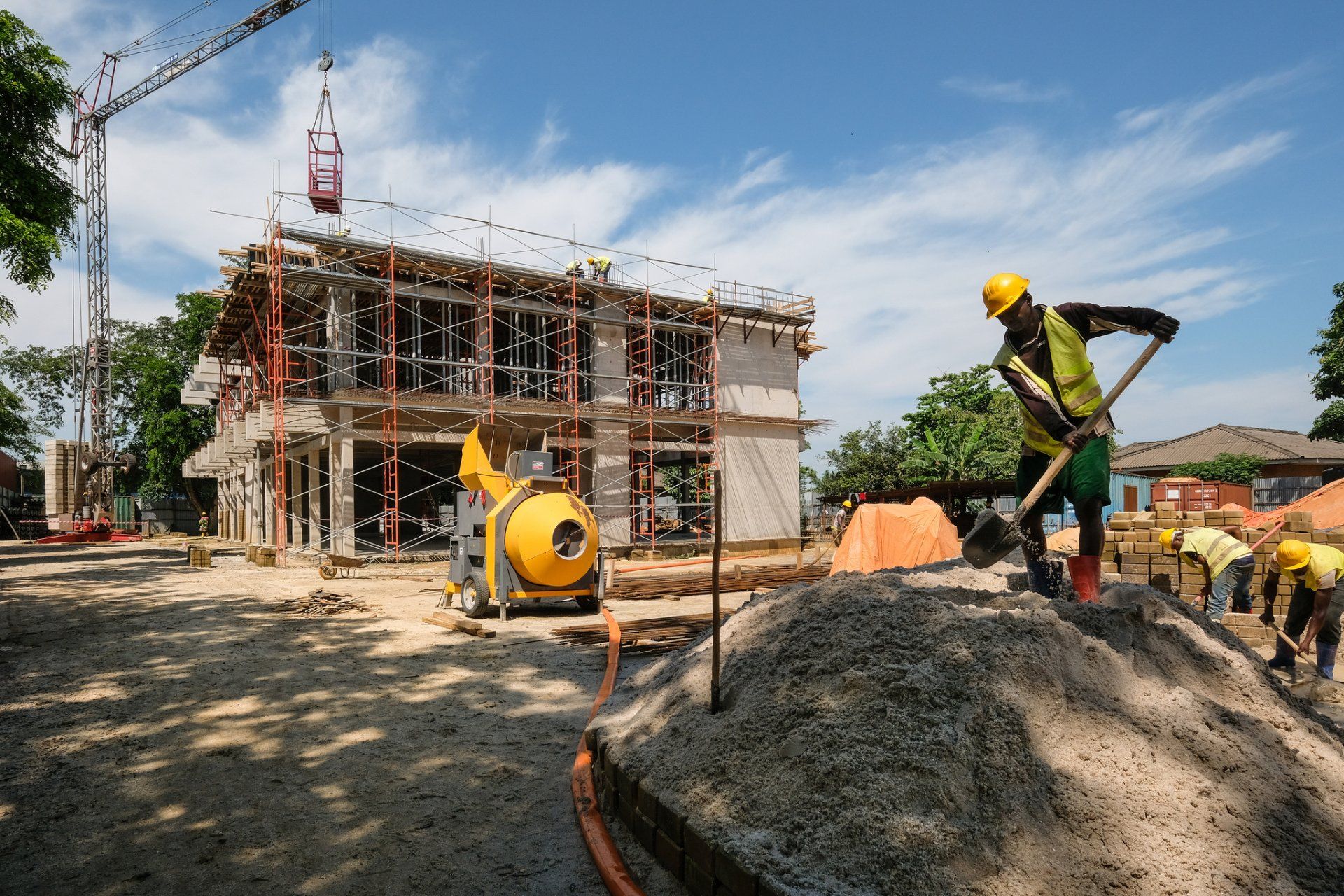What the African Development Bank funding means for ATAF
The African Development Fund has approved $6.12 million grant to help strengthen public finance governance in low-income African countries.

FILE PICTURE: A construction site.
PRETORIA - “This $4.2 million from the African Development Bank will support tax policy and administration reform. On the tax policy side, it will strengthen our work on tax leakages especially those that drive illicit financial flows.” Mr Logan Wort, the African Tax Administration Forum (ATAF) Executive Secretary said.
Mr Wort was responding to the African Development Fund who have approved a grant of $6.12 million to help strengthen public finance governance in low-income African countries. The funding is for Phase 2 of the Regional Institutional Support Project in Public Finance Governance which will be implemented by two pan-African institutions: ATAF and the Collaborative Africa Budget Reform Initiative (CABRI).
Expanding on the importance of the African Development Fund, the executive secretary mentioned that ATAF is a Member funded organisation but the Member funds are not sufficient to do the work across the continent because the programmes the organisation runs are huge and very costly.
“On international tax alone illicit financial flows represents more than 60% of total money lost to African countries every year. This is mainly through transfer pricing which is found within the taxation of multinational enterprises so over the last 10 years, ATAF has spent a lot of time developing standards on the taxation of multinational enterprises for African countries. We’ve developed standards on transfer pricing regulations, on how to deal with interest deductibility on inter-company loans, on technical provisions that African countries don’t have, which consequently causes them to lose a big chunk of their revenue, so we’ll use the money to fix that.”
Mr Wort said another area that will receive attention will be to deal with the taxation of the digital economy on the African continent “largely because of underdeveloped markets and infrastructure, you find that there’s a massive migration to digital market interaction, especially from the youth; people are buying on Amazon, they are using Netflix. So, part of this grant will help us deal with policies for e-commerce. But the main thing is the money be put back into the countries so we’re very happy with our partnership with the African Development Bank.”
Mr Wort stressed the importance of a good strategy to deploy the funds to improve revenue mobilisation on the continent. He said the organisation plans to continue to develop African tax standards on other elements of the taxation of multinational enterprises with regards to international tax.
“We’ll also bring out standards on technical issues such as advanced pricing agreements, taxing extractive industries, how to deal with intermediary companies. For example, in the extractive industry, most African countries export raw material where there is oil or copper, gold or diamonds, in most cases this material is sold to a company outside the African country but in most cases that company is a subsidiary of the mother company that owns the mine or the oil. That company unsells that material to a third company but the intermediary company adds no additional value to the product but in the case of diamonds, up to 73% price escalation happens between the export and on-sale. That 73% additional value cannot be taxed by the company that exported the diamond because it happens outside that country but it’s the same company. So, we need to develop rules because if no value was added then surely the exporting company must get taxed and profit share on the final sale. Therefore, we need to develop for example standards around how certain extractive industries transactions are both taxed and how profits are allocated, so we’ll be working with recommendations with regards to that."
Asked which countries would benefit from this funding, the Executive Secretary said all African countries stand to benefit.
“ATAF has 41 African countries as its Members, currently we are running 24 country programmes on the continent. The country programmes are when ATAF and its technical experts go in and do tax administration and tax policy reform in the form of tax technical assistance. All African countries will also benefit with our newly established Rapid Response Unit. Currently our Rapid Response Unit support five countries in East Africa, West Africa and Southern Africa.”
The grant, which was formally approved on 3 November 2022, will be distributed as follows: $3.90 million to support the continent’s tax administration reforms and domestic resource mobilisation efforts through support to ATAF and $2.22 million to support budget reforms and strengthen public finance management through CABRI.










